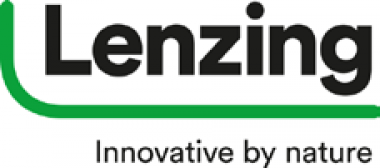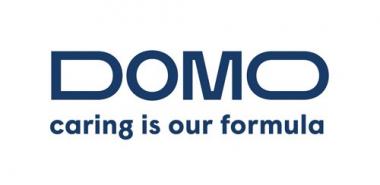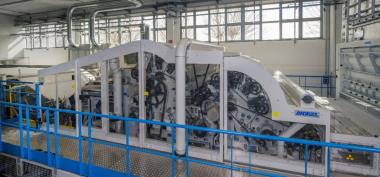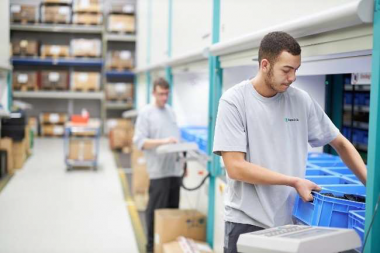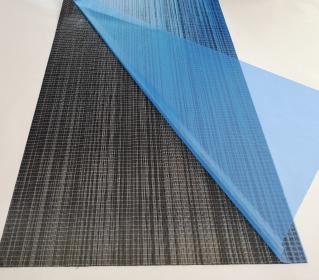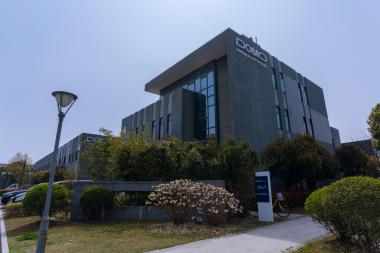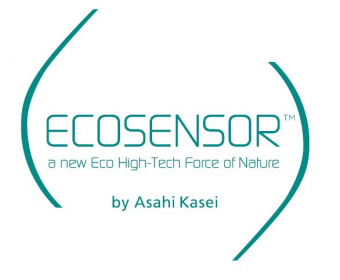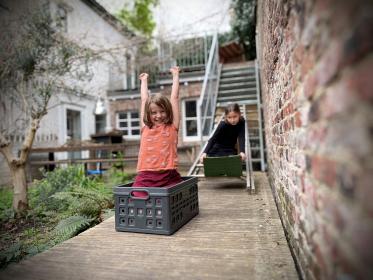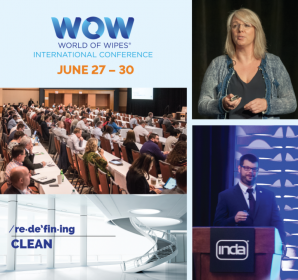PCMC opens Packaging Innovation Center for printing and packaging industries
Paper Converting Machine Company (PCMC), part of Barry-Wehmiller, welcomed 70-plus customers, suppliers and area supporters to its new Packaging Innovation Center on April 26 for a ribbon-cutting ceremony, tour and overview presentation.
Located at PCMC’s headquarters in Green Bay, the facility — focused on the printing and packaging industries — will serve as a resource for training, demonstrations and industry trials, along with research and development opportunities. The new center features the latest equipment for plate mounting, anilox roll laser cleaning, and central impression and inline flexographic printing.
PCMC’s current partners at the center include 3M, All Printing Resources Inc., AV Flexologic, Clean Planet, Fox Valley Flexo Services, Harper Corporation of America, Interflex Laser Engravers, INX International Ink Co., Miraclon, Rossini s.p.a., Sandon Global, tesa SE, Wikoff Color Corporation and XSYS, in addition to Hudson-Sharp, which is part of PCMC. In the future, PCMC will seek to expand the center’s capabilities by collaborating with additional innovative companies serving the flexographic printing industry.
PCMC, Barry-Wehmiller










